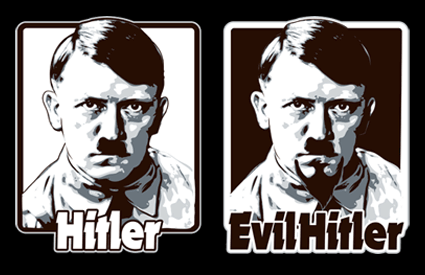LightSpectra
me autem minui
1) How has Stalin contributed to the course of history?
2) How do you view Stalin's contribution to the Soviet Union?
3) Who was worse overall, Hitler or Stalin?
4) What's your name/preferred alias and your occupation/preferred description? (Part of the assignment is to get the names & identifiers of people I interview. If real-life details don't work for you, just come up with a made-up name and identity)
1) Causing the Red Army's defeat in the Polish-Soviet War of 1919-20, slowing the industrialization of the Soviet Union through horrid economic policies, genocide against several peoples of the Soviet Union, gulags, slave labor camps, intellectual repression and Orwellian totalitarianism, purging the Red Army of several effective officers, the disastrous Finnish-Soviet Winter War, the Molotov–Ribbentrop Pact proceeding the Soviet invasion of Poland in 1939, managing the Eastern Front of World War II (poorly at first, with increasing rightness as time progressed), deportation of the Crimean Tatars (Sürgün), decossackization, initiating the Cold War, enslaving Eastern Europe through the occupying Red Army, the NKVD, plundering East German industry, establishing the Soviet nuclear program by 1949, spreading the ideology of Marxism, not being able to tame post-war Yugoslavia, and providing critical support to the communists in the Chinese Civil War which arguably lead to their victory.
2) About as high as any genocidal madman can get. From the perspective of an imperialist, he was a great man. From the perspective of a human being, Stalin is unarguably one of the most evil men to ever live and the blood of somewhere between 25 and 60 million people are on his hands.
3) About the same.
4) LightSpectra, student majoring in ethics and history.





